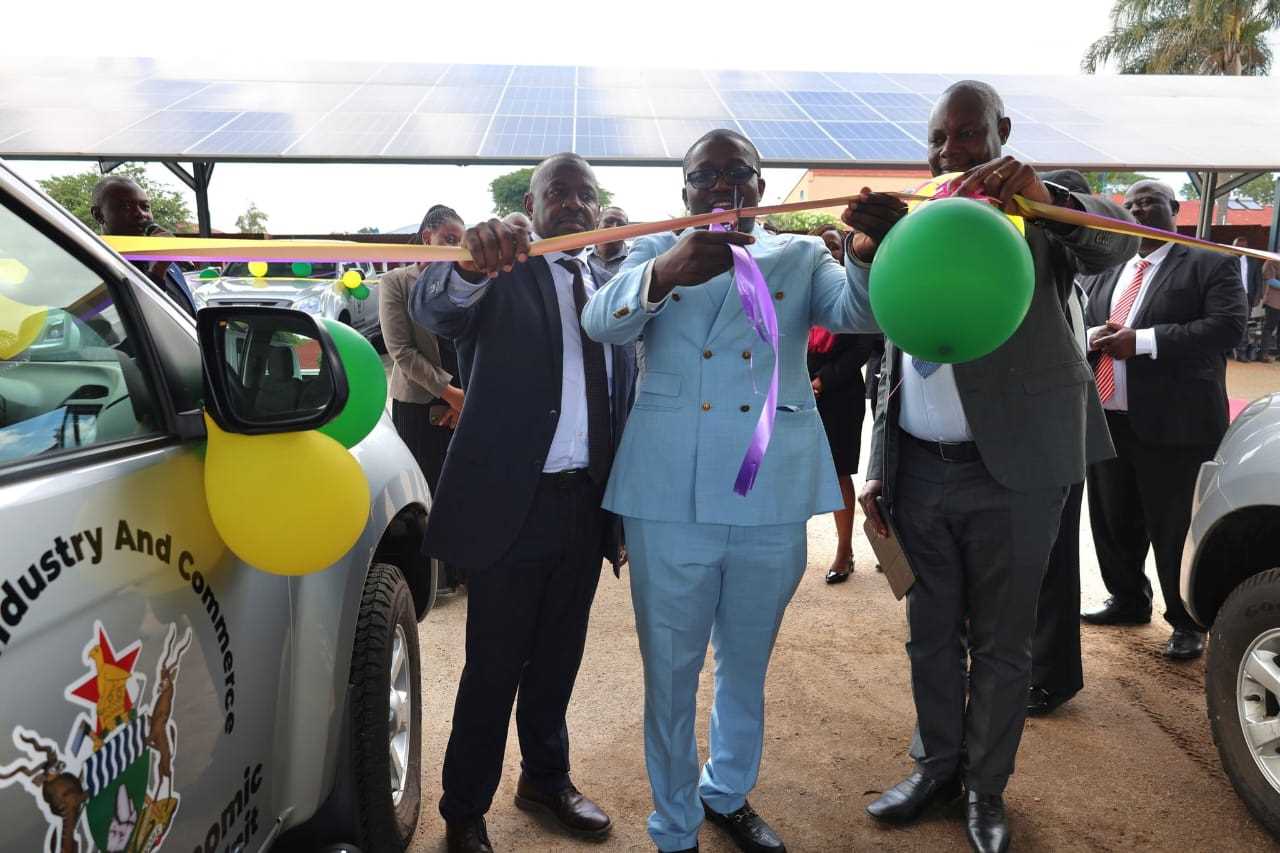
Audrey Galawu
The Ministry of Health and Child Care (MoHCC) has passed a resolution to prioritise polio mitigation plans including surveillance and actions to vaccinate following recent confirmation of circulation of the poliovirus in Malawi and Mozambique.
Health authorities in Zimbabwe, with support of partners including Bill and Melinda Gates Foundation (BMGF), United Nations International Children's Emergency Fund (UNICEF) and the World Health Organisation (WHO), are implementing polio surveillance strengthening activities in response to the outbreak.
The MoHCC is currently using the Acute Flaccid Paralysis (AFP) surveillance system to detect any potential polio outbreaks.
The Ministry continues with the training of health workers at all institutions and alerting of clinicians at central, provincial, district, mission and major private hospitals.
Related Stories
According to WHO Zimbabwe, there is intensified active case search focusing on high priority sites such as health institutions at all levels, community sensitisation meetings with Village Health Workers (VHW) and Health Center Committees (HCC) and supportive supervision targeting low performing districts and health facilities.
Efforts by MoHCC to prevent polio oubreak in the country have resulted in improvement in the AFP surveillance performance as the AFP detection has reportedly increased to 5.9/100,000 children 0 - 14 years compared with 1.9/100,000 children 0 -14 years, same period in 2021.
The number of districts which have not detected a case has decreased from 11 in 2021 to two this year.
Harare City Acting Chief Nursing Officer Lorrraine Mukwemu applauded health authorities for intensifying activities that help eradicate polio.
"Surveillance exercises help us unearth things that we have to adjust not only focusing on the planned polio campaign, but as we provide routine immunisation services beyond the campaign," she said.
However, the Ministry has noted that more work needs to be done to improve the quality of AFP specimens so that they reach the laboratory in good condition and to improve routine immunisatioon coverage rates.
The report of wild polio virus outbreak in Malawi in February 2022 drove Zimbabwe to conduct a detailed Polio Risk Analysis which identified sub-national surveillance and routine immunisation gaps that put the country at high risk of Polio virus importation.




















Leave Comments